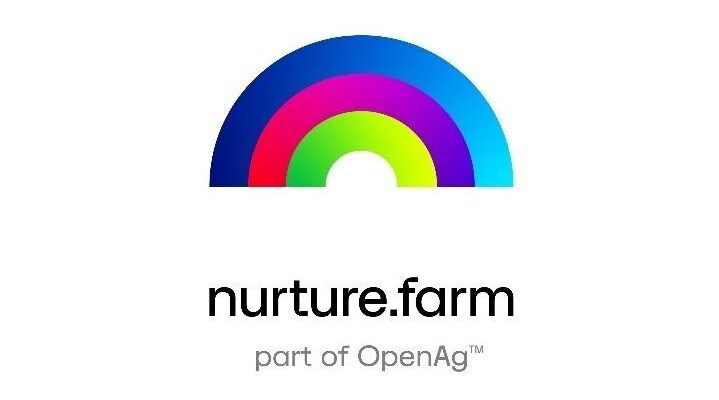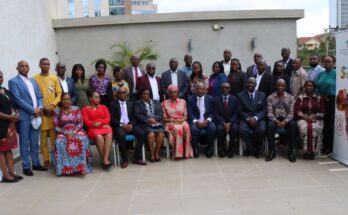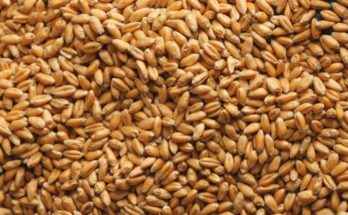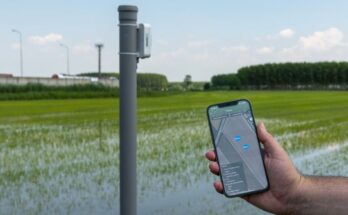nurture.farm, a digital platform for sustainable agriculture, has become the first company to successfully generate and forward sell agriculture-related carbon credits in India, the company has claimed.
nurture.farm’s Alternate Wetting and Drying & Dry Seeded Rice (AWD-DSR) project covered 22,000 acres of rice paddy fields and involved over 2,500 smallholder farmers. This initiative forms a crucial part of nurture.farm’s objective of transitioning farmers to adopt sustainable agricultural practices, and reduce the environmental impact of rice cultivation. 20,000 carbon credits were derived from this AWD-DSR project. Its benefits included 15 per cent to 30 per cent of water savings.
Another 120,000 credits are under process from the Crop Residue Management (CRM) programme. The CRM programme empowered over 25,000 farmers to prevent 420,000 acres of farmland from being burnt, thereby preventing the generation of 2,135 tonnes of particulate matter, including PM 2.5 and PM 10.
nurture.farm’s AWD-DSR programme is now being submitted to a global validation agency, and in two quarters’ time to the Verified Carbon Standard (Verra) for final verification and credit generation. The CRM programme will follow suit, with submission to the validation agency in the next quarter. During the last cropping season (Rabi), nurture.farm expanded the AWD-DSR programme across an additional 120,000 acres.
The company plans to create more carbon credits by further extending its projects. In 2022, nurture.farm’s CRM programme will cover at least one million acres, while it will scale up its AWD-DSR project to 180,000 acres. nurture.farm has set a target to help Indian farmers generate one million agriculture-related carbon credits by 2023, thereby being the leading supplier of nature-based carbon credits in India.
Since its launch in 2020, more than 1.5 million farmers – who are collectively responsible for over five million acres – use the nurture.farm platform to access the mechanisation services, technology, training, services, market linkages, finance agri-inputs and farm equipment they need to perform sustainable agricultural practices.
Speaking on the development, Dhruv Sawhney, Business Head and COO of nurture.farm, said, “India is well-placed to pioneer agriculture-related carbon credits’ trading. India is the world’s second-largest producer of key staples including rice, wheat, fruit and vegetables, and agriculture is the primary source of livelihood for over 50 per cent of the population. And yet, India is also the world’s third-largest emitter of greenhouse gases.”
You may also like to read: nurture.farm completes largest ever project to eliminate stubble burning in India
“At nurture.farm, we are firm believers that sustainable agriculture practices have the potential to reduce emissions and also become a net sink. Thus, the smallholder farmers can become the champions of our global decarbonisation efforts. This is why we have pioneered an integrated ecosystem stretching across the entire sector, which is creating new livelihoods for rural economies, empowering women, and advancing sustainable practices to reduce greenhouse gas emissions and ensure food security,” Sawhney further said.
“As the first agriculture company to successfully generate and forward-sell carbon credits in India, we are unlocking new opportunities and outcomes for farming communities and setting the bar for our industry as a whole. Demand for credible carbon credits from the voluntary carbon markets can drive massive shifts to sustainable agricultural practices across India and the rest of the world. We look forward to working with more farming communities this year as we scale up our CRM and AWD-DSR programmes – making farmers more resilient by securing better yields, improved soil health, and enhanced livelihoods,” Sawhney added.
nurture.farm is currently developing protocols for verifying traceable carbon credits through its online platform and will use blockchain technology to trade credits on carbon markets.
During the course of 2022, nurture.farm will also establish a common carbon credits registry and trading platform, which utilises a standardised methodology to simplify traceability and make verification easier.
What is Alternate Wetting and Drying-Dry Seeded Rice (AWD-DSR)?
In India, paddy rice cultivation occupies about 44 million hectares – the largest rice-producing area in Asia – and accounts for 20 per cent of total rice production worldwide. AWD reduces the frequency of flooding in rice farms, thus improving soil quality. Better soil structures allow farmers to intercrop rice with other agricultural crops, which in turn leads to diversified farming systems, providing multiple sources of income. AWD-DSR also reduces the incidence of certain pests and diseases, further improving yields and boosting farmers’ resilience.
In 2021, nurture.farm ran the AWD-DSR programme on 22,000 acres in Punjab and Haryana. In the winter season, nurture.farm led the programme on 120,000 acres in Andhra Pradesh and Telangana. Over the course of both programmes, over 80,000 small and marginal farmers were supported with the technology to perform AWD-DSR, which led to 15 per cent to 30 per cent water savings.
(All claims were made by nurture.farm. Agriculture Post doesn’t assume any responsibility or liability for the same.)





